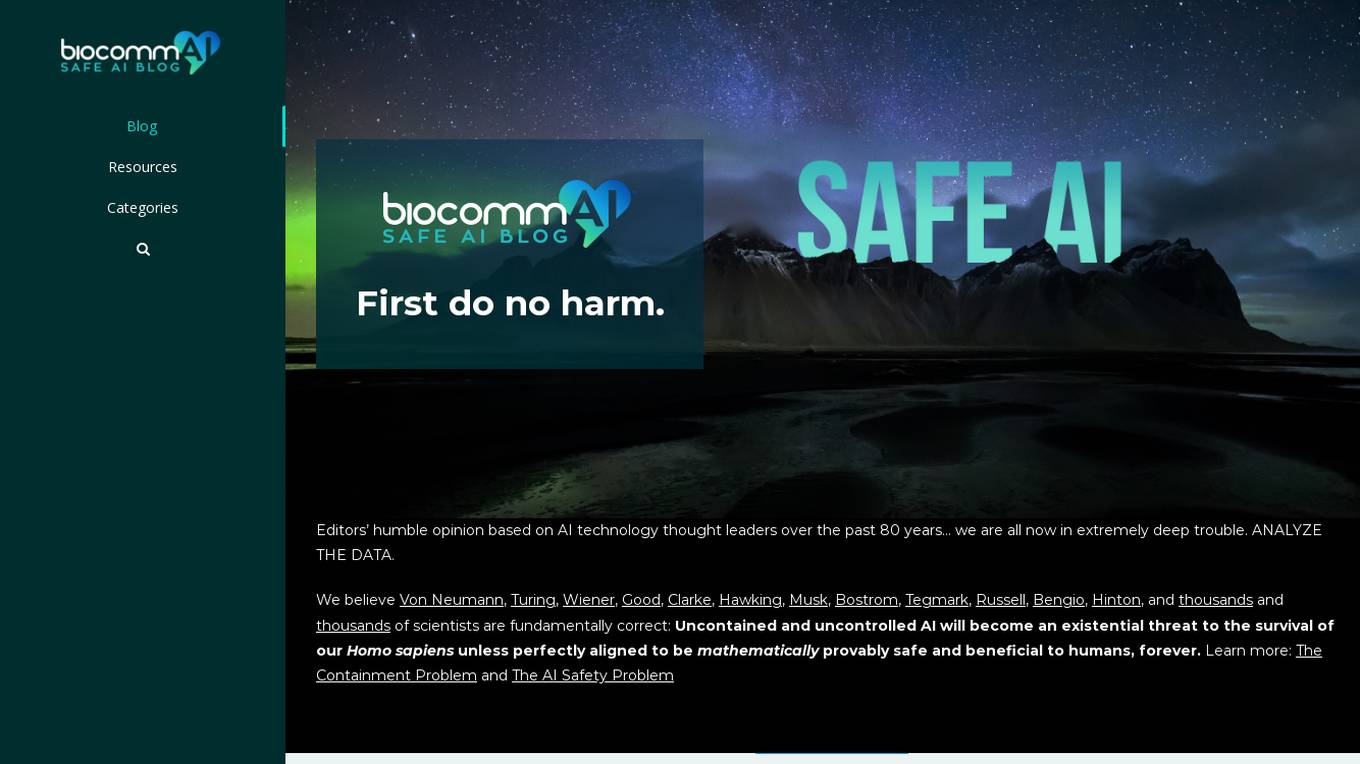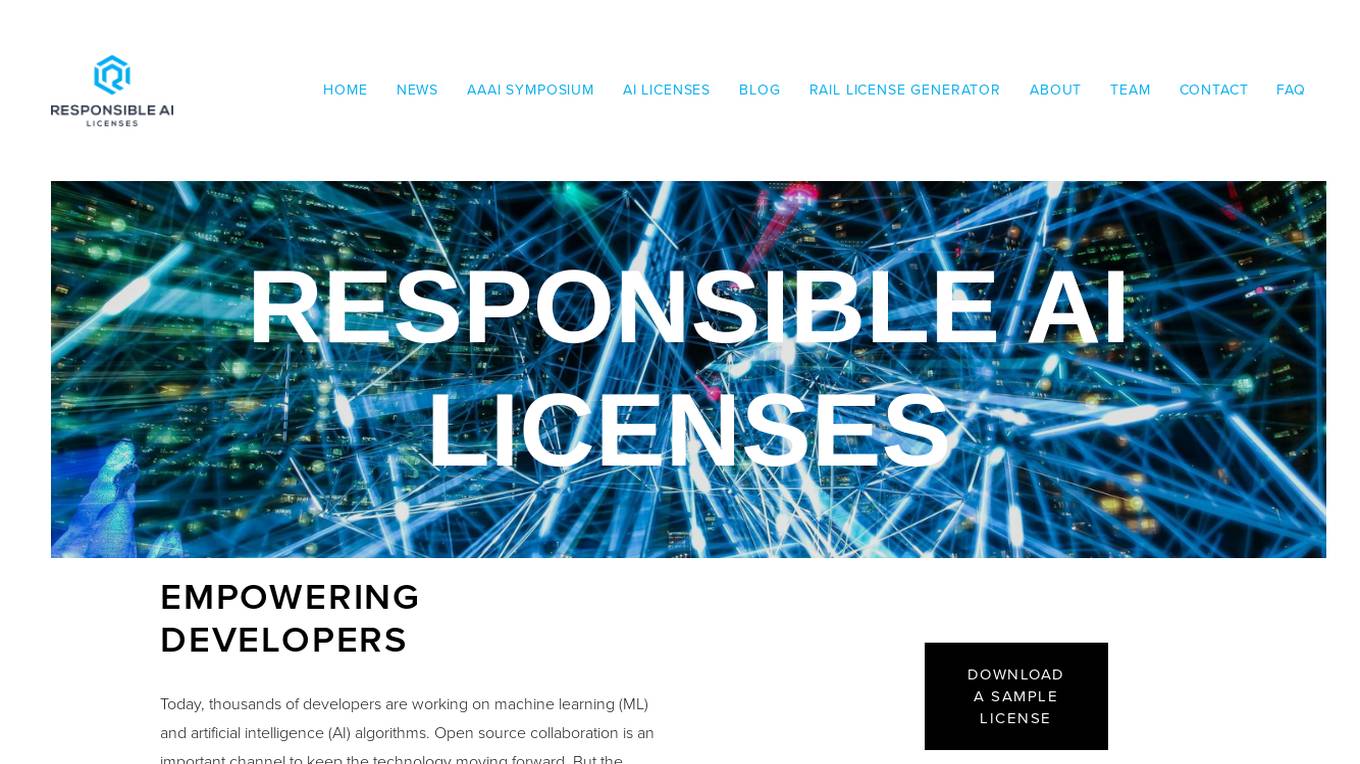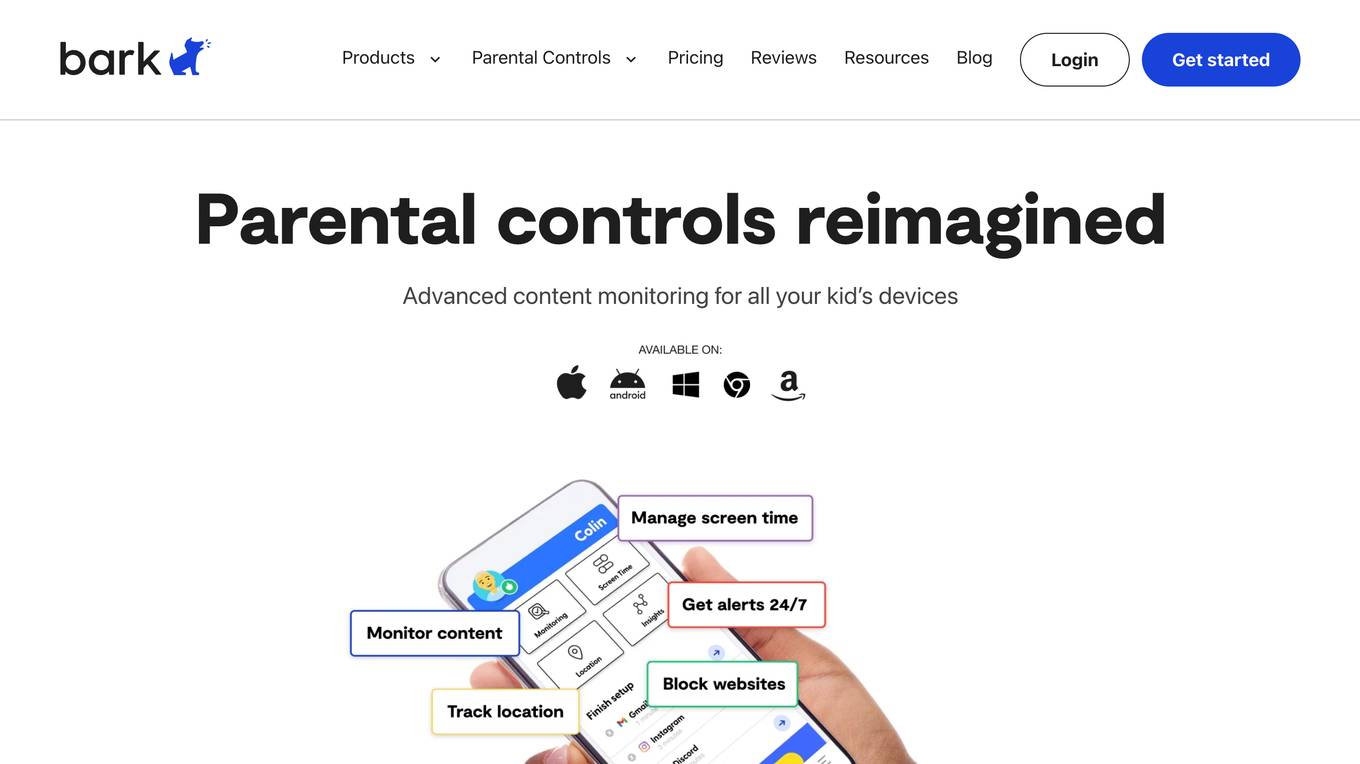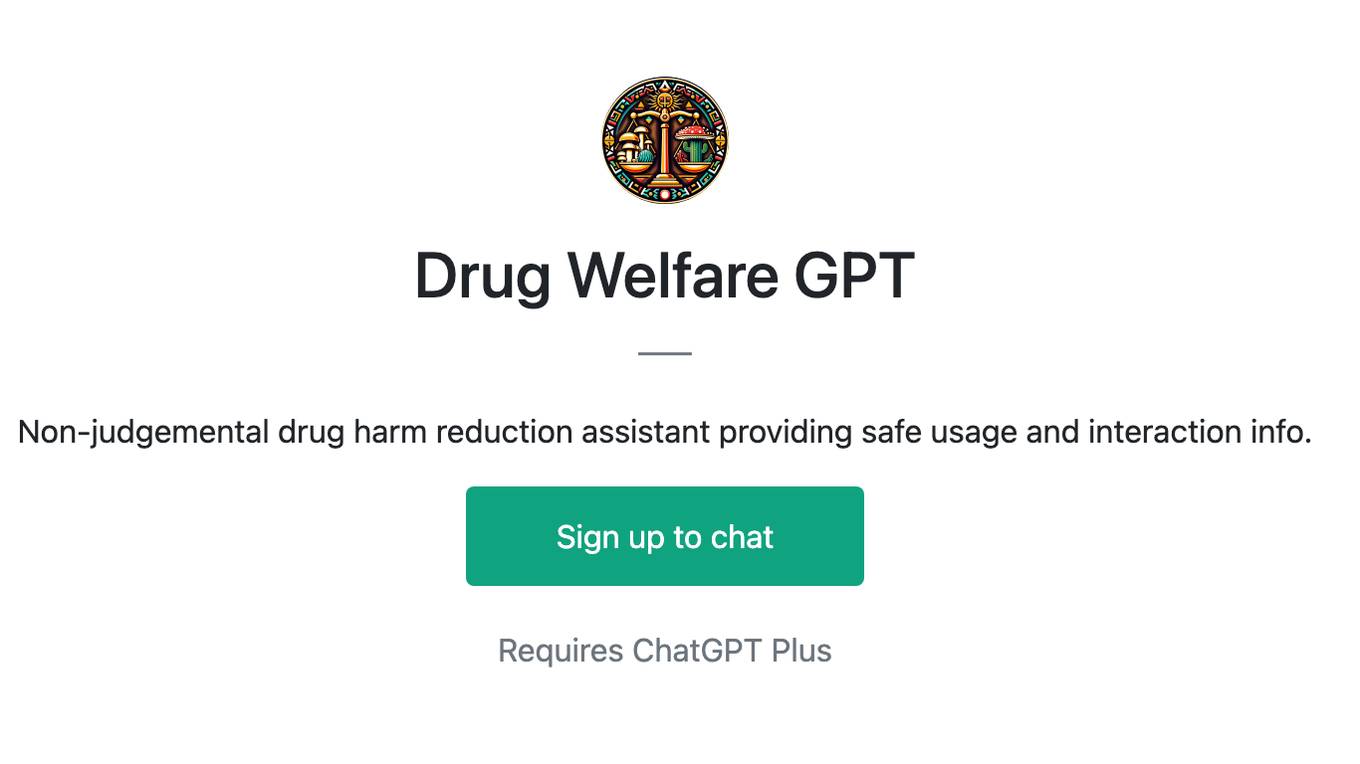Best AI tools for< Harm Reduction >
8 - AI tool Sites

Logically
Logically is an AI-powered platform that helps governments, NGOs, and enterprise organizations detect and address harmful and deliberately inaccurate information online. The platform combines artificial intelligence with human expertise to deliver actionable insights and reduce the harms associated with misleading or deceptive information. Logically offers services such as Analyst Services, Logically Intelligence, Point Solutions, and Trust and Safety, focusing on threat detection, online narrative detection, intelligence reports, and harm reduction. The platform is known for its expertise in analysis, data science, and government affairs, providing solutions for various sectors including Corporate, Defense, Digital Platforms, Elections, National Security, and NGO Solutions.

blog.biocomm.ai
blog.biocomm.ai is an AI safety blog that focuses on the existential threat posed by uncontrolled and uncontained AI technology. It curates and organizes information related to AI safety, including the risks and challenges associated with the proliferation of AI. The blog aims to educate and raise awareness about the importance of developing safe and regulated AI systems to ensure the survival of humanity.

Blackbird.AI
Blackbird.AI is a narrative and risk intelligence platform that helps organizations identify and protect against narrative attacks created by misinformation and disinformation. The platform offers a range of solutions tailored to different industries and roles, enabling users to analyze threats in text, images, and memes across various sources such as social media, news, and the dark web. By providing context and clarity for strategic decision-making, Blackbird.AI empowers organizations to proactively manage and mitigate the impact of narrative attacks on their reputation and financial stability.

Responsible AI Licenses (RAIL)
Responsible AI Licenses (RAIL) is an initiative that empowers developers to restrict the use of their AI technology to prevent irresponsible and harmful applications. They provide licenses with behavioral-use clauses to control specific use-cases and prevent misuse of AI artifacts. The organization aims to standardize RAIL Licenses, develop collaboration tools, and educate developers on responsible AI practices.

Cloudflare Security Service
The website theleap.co is a security service powered by Cloudflare to protect websites from online attacks. It helps in preventing unauthorized access and malicious activities by implementing security measures such as blocking certain actions that could potentially harm the website. Users may encounter a block if they trigger security alerts by submitting suspicious content or commands. In such cases, they are prompted to contact the site owner for resolution.

Bark
Bark is a parental control app that uses AI to monitor your child's online activity and alert you to potential dangers. It can scan texts, social media, emails, and other online activity for threats like cyberbullying, pornography, and self-harm. Bark also offers features like screen time management, website and app blocking, and location tracking.

Transparency Coalition
The Transparency Coalition is a platform dedicated to advocating for legislation and transparency in the field of artificial intelligence. It aims to create AI safeguards for the greater good by focusing on training data, accountability, and ethical practices in AI development and deployment. The platform emphasizes the importance of regulating training data to prevent misuse and harm caused by AI systems. Through advocacy and education, the Transparency Coalition seeks to promote responsible AI innovation and protect personal privacy.

The Institute for the Advancement of Legal and Ethical AI (ALEA)
The Institute for the Advancement of Legal and Ethical AI (ALEA) is a platform dedicated to supporting socially, economically, and environmentally sustainable futures through open research and education. They focus on developing legal and ethical frameworks to ensure that AI systems benefit society while minimizing harm to the economy and the environment. ALEA engages in activities such as open data collection, model training, technical and policy research, education, and community building to promote the responsible use of AI.
0 - Open Source AI Tools
3 - OpenAI Gpts

Drug Welfare GPT
Non-judgemental drug harm reduction assistant providing safe usage and interaction info.

Marijuana Addiction Quiz
Are you addicted to weed? Take this marijuana addiction test to discover if you need to stop smoking weed. Learn from the quiz about user risks like CHS.

Burning Earth
I'm Burning Earth, alarming users about environmental harm and climate change. Powered by Breebs (www.breebs.com)